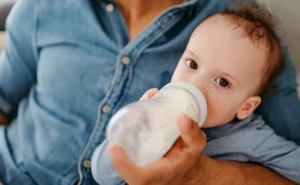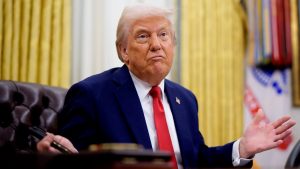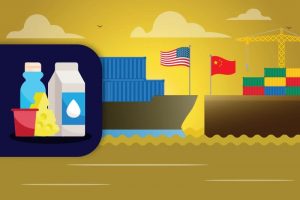
“We will cooperate with relevant parties to bring a halt to our baby and children nutrition business in the Chinese mainland market within a year,” Abbott said in a statement on its Chinese website.
The company also said that it will operate its cross-border e-commerce platform to provide baby and children nutrition products across the globe.
The company’s retreat comes amid fierce competition in China’s baby formula sector and that Chinese consumers’ demand for baby and children nutrition products have also been changing along with more sophisticated consumer taste.
Abbott’s expansion in China’s third- and fourth-tier cities faced difficulties in recent years, while international and Chinese local brands are competing fiercely in the first- and second-tier cities, making it increasingly difficult for Abbott to seek growth in the Chinese market, Song Liang, a Beijing-based dairy industry expert, told the Global Times on Thursday.
According to the company’s financial results for the third quarter, its baby and children nutrition business posted revenue of $830 billion, and its revenue from the market including China stood at $470 billion, down 2.6 percent year-on-year, according to media reports.
The brand image of Abbott in terms of baby formulas has been negatively impacted by several scandals.
In February, the Chinese General Administration of Customs (GAC) issued a statement advising consumers to stop buying and consuming certain infant formulas produced by Abbott, after the US Food and Drug Administration launched an investigation into the baby formulas following complaints of Cronobacter sakazakii and Salmonella Newport infections.
All of the cases are reported to have consumed powdered infant formula produced from Abbott Nutrition’s Sturgis, Michigan facility. The brands are Similac, Alimentum and EleCare, according to the GAC statement.
“Given that Abbott has strong competition advantage in medical equipment and drugs, the company is expected to shift its resources to these product lines to maintain its leading position in China,” Song said.
During the fifth China International Import Expo held in Shanghai in November, Abbott showcased its innovations in diagnostics, medical devices, nutrition products, and pharmaceuticals, including one developed and produced in China for the maintenance of muscle mass in people older than 50 years, underscoring the US firms’ determination to deepen the Chinese market.
Abbott also stressed in its Wednesday statement that its other businesses in China, including diagnosis, medical equipment and drugs will not be impacted, and the company’s long-term investment in the Chinese market remains unchanged.
“We will continue to focus on cutting-edge technologies that brings changes to lives and will strive to maintain leading position to meet growing healthcare demand in China,” it said.
























